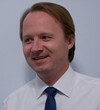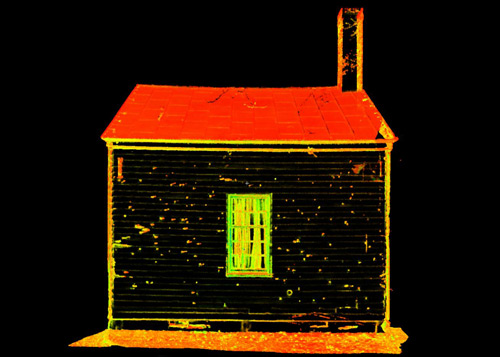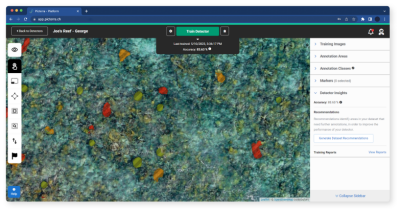I’ve always been fascinated by Benjamin Franklin. I read a story that when he owned a printing press, instead of keeping his shop well supplied, he would wait until he was completely out of paper to buy more. Then when he bought more, he bought as much as he could afford. He then took an old wheel barrow with a very squeaky wheel to carry it back to the office. The idea was simple, the squeaky wheel attracted as much attention as possible and by carrying so much paper he looked like the owner of a very busy printing service. His ability to capitalize on the most mundane of business tasks struck me as genius.
One of the more mundane tasks in operating a service that uses so many different tools is keeping your skills, and those of your field crews, as sharp as possible. Skill to do comes from doing. Seems simple enough, but how are you to develop those skills in an economic environment that has many in our industry spending more time looking for work than actually working? Being a small firm (less than 25 employees) we spend a fair amount of time cross training our field personnel on all of the different hardware/software we use. In principle this is great, but the reality is that no amount of training will keep a guy’s skills sharp if he hasn’t used a scanner (or total station, RTK unit, etc.) on an actual project in awhile.
.jpg)
So what is the best way to keep the skills of your field crews a sharp as possible? In short, perform more scan jobs! Absent billable hours, this can get expensive in a hurry. Then again, so can sending a rusty crew on a billable project. After scanning the office more times than I care to admit, we finally hit on an idea that met our training needs while capitalizing on a task that was becoming very mundane.
We started offering free scanning for select entities. Yes, I said free. However, we were not being paid to scan the office so it wasn’t a matter of getting paid more but realizing a greater benefit. The question then becomes, “What type of Select Entity provides the greatest benefit in return for a free scan?” Our short list looks like this:
- Non Profits (Possible tax benefits)
- Entities that will not be able to afford laser scanning anytime soon
- Popular public functions (Lots of observers & free press)
- Schools
- Public spaces (High visibility areas)
- Entities with unique assets (essentially something unlike anything we’ve ever scanned)
While these provide a good guide, the right solution for you has a lot to do with your location and the type of equipment that you own. For us, it was the heritage industry. Our Nashville office sits within 50 miles of four battlefields from the US Civil War as well as numerous historic structures and landscapes. While we hope to convert many of these museums and preservation societies into clients over the coming years, the reality is that none is in a position to purchase laser scanning services en masse until the cost is reduced significantly. Most of these sites had never heard of laser scanning until we introduced ourselves. In fact, most of these sites have not yet embraced GIS or any kind of digital asset documentation.
The advantages to working with these groups are many. We get more hours of scanning under our belt and a new dataset to use. Many of the groups have very good media connections and offer us free advertising by advertising what “they” are doing to aid in preservation at their site. Word of mouth advertising has also proved valuable. The donors and board members of these types of entities are often the movers and shakers in their respective towns. In some cases, the work can be used as a tax deduction and their patrons see us on site donating to a cause they support. We continue the training with our processing services as well producing drawings and animations that are displayed in the interpretive centers or on their websites. Once again providing advertising for our company and our services, all at a cost we were already paying for training alone.
Lastly, we are able to “pay it forward.” The first place we called was a historic home I found personally interesting. I had just read an article on the fire at the Royal Kusabi Tombs in Uganda and how thankful everyone was that CyArk had a copy of the structure as a point cloud. It suddenly occurred to me that we had a lot to lose in my area of the country. I certainly hope nothing like that ever happens in my town. But if it does, the details and structures here today won’t be lost to history; all because we do a lot of training.
So, break out the company shirts, bring plenty of business cards, a smile and the willingness to answer a lot of questions! After all, you’re not training. You’re in a commercial!






